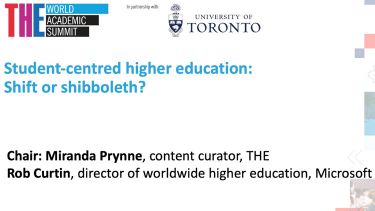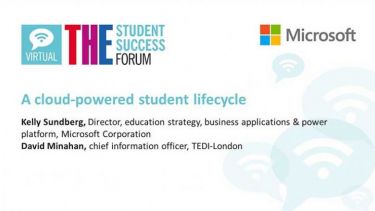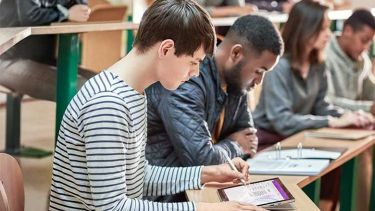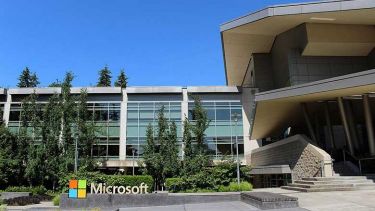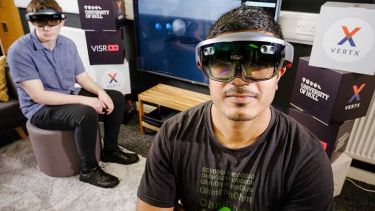Collaborative learning tools are vital for reducing universities’ workload and preparing students for employment
As universities undergo their most intensive digital transformation to date, it is vital that they take an approach that streamlines the workload of both academics and students. At THE Live Asia 2020, Jason La Greca, senior programme manager at Microsoft, outlined the potential of Microsoft Teams to deliver that and other benefits.
“What we want to do within Teams is look for ways in which you can insert [business] tools, workflows and forms inside of Teams to save teachers, students and professional workers time,” he explained, “so they can focus on learning, teaching and research.”
To harness Teams’ potential, it is important to see it as more than just a communication platform. Microsoft is committed to making Teams a collaborative learning initiative, bringing together people from across the institution to enable collaborations that might otherwise be impossible.
“There are many communities that practise across the university campus, be they a virtual university or be they a physical presence, and we want to bring those together on a single platform,” said La Greca. “Teams can provide them a safe and secure place to communicate and collaborate together.”
Whether universities choose to retain their learning management systems (LMS) for learning content, to pair such systems with the Teams hub, or to use Teams as “the one-stop shop for classroom collaboration”, Microsoft will support them.
For example, if a group project is undertaken by students on Teams, its Group Activities app can split participants into private channels to “give students their own private space to collaborate”. As the project progresses, the tools evolve. “Talk budget, and in comes Excel: it can be populated, shared and collaborated on in real time,” explained La Greca. “Reports can be made on Word, submitted through Teams or the LMS.”
When the project is completed, Teams can help academics with marking by auditing students’ participation in group activities. It can also facilitate a collaborative learning experience that prepares students for the fast-changing landscape of the jobs market. “I can’t emphasis enough how critical those skills are for the future of work, being able to work with diverse individuals, across languages, with people of different abilities, skill sets and specialities,” said La Greca. “It really is the future.”
Watch the whole session above or on THE’s YouTube channel.
Access all the on-demand recordings and resources from THE Live Asia 2020.


